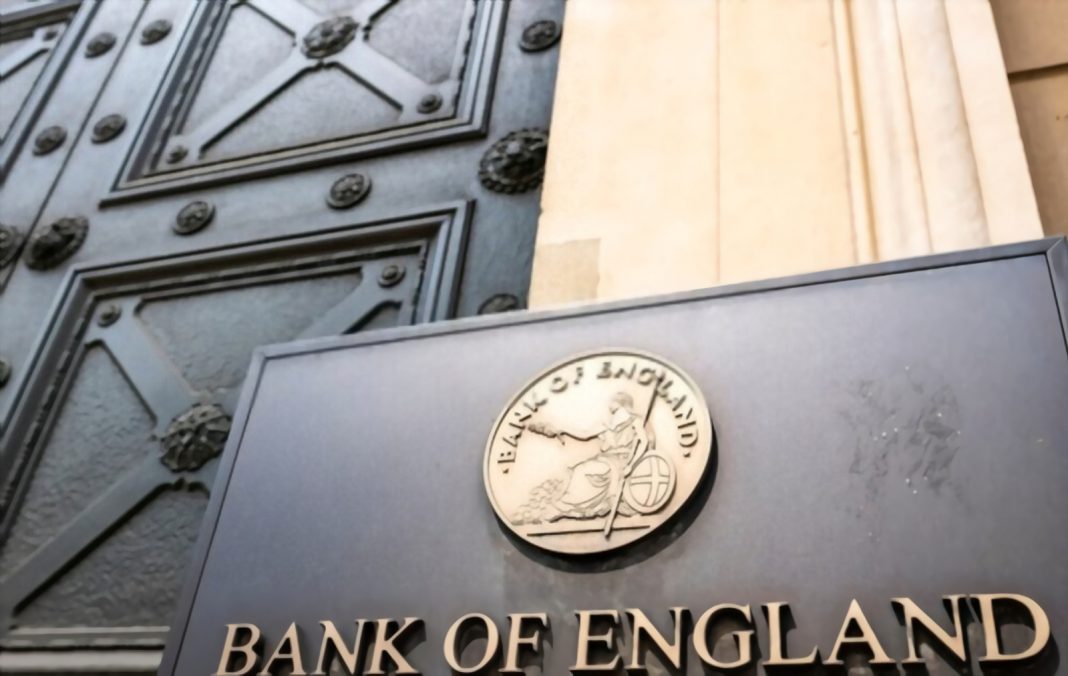How has the rise in the consumer price index in the UK affected the standard of living of the British?
What has the British Chamber of Commerce asked the British government to do to protect consumers?
The Bank of England has predicted what percentage of inflation in this country will reach by the year?
As the cost of living crisis has increased, what have the British done to manage their costs?
Official figures from the Office for National Statistics show that consumer prices in the UK jumped 9 percent to a 40-year high last month, with the most significant increase in food and energy prices.
Rising consumer price index in the UK
The current rise in the UK consumer price index is the highest since prices began to be recorded in 1989, jumping 2.5 percent from the previous month. The ONS estimates that inflation in the country was “sometime around 1982” higher than it is today. According to a recent poll published by CNBC, a quarter of Britons are starting to skip meals to save money.
The cost of living crisis plunged the economy
The Bank of England has said the cost of living crisis could plunge the economy into recession later this year. To prevent this, the regulator has raised interest rates four times this year, from its lowest rate in the history of 0.1 percent during the Covid-19 epidemic to its highest level in 13 years.
The request of the BCC from the UK Government
Analysts expect the central bank to raise interest rates in future meetings. Following the inflation report, the British Chamber of Commerce called on the government to take action to protect consumers and businesses. Reducing VAT on energy bills for businesses and curbing the recent increase in national insurance and income tax are among the requested measures.
The BoE acknowledges its most formidable challenge
A chief economist at the Bank of England, Huw Pill, acknowledged that the bank had faced its most formidable challenge since 1997. The Bank of England chief economist pointed out that bank interest rates should rise again. Pill said inflation in the country reached a 40-year high of 9 percent in April, making the situation very unpleasant for him, given that the bank intended to keep inflation at around 2 per cent.
The problem is complex now for many people, especially those with lower welfare, who spend most of their income on energy and food carriers. The current challenges remind the importance of price stability as an anchor for Wider economic stability and a bulwark to support people’s livelihoods, especially for those with lower wages and fixed incomes.
10% inflation by the end of 2022
The senior economist further stressed that inflation is expected to increase to more than 10% by year-end. At the same time, data from the survey firm GfK showed that consumer concerns in the UK had reached their lowest level since records began in 1974, with growing concerns about the cost of living crisis. Data show that compared to the 2008 financial crisis, British consumers are now more frustrated about their future.
British company warns of the impact of rising fuel prices on households
About 40 per cent of British households will be living in “fuel poverty” if the British authorities do not take action to reduce energy prices. Michael Lewis, the chief executive of E.On, warned that about 40 per cent of British households would live in “fuel poverty” if British authorities did not take action to reduce energy prices. “I read emails from customers regularly, I listen in on calls, and frankly, some people are at the edge. They cannot pay, and that will worsen,” Lewis said. He added that a third of its customers are reducing their food costs.
Save energy to manage costs
The British official also called on the UK government to bear the brunt of the fuel shortage pressure but did not provide any details on the specific steps the government should take. “It’s a very, very significant impact, and that’s why we’ve called upon the government to take more action. We need more intervention in October, and it has to be very substantial,” he said. Lewis further predicted that the annual energy spending ceiling would increase to £3,000 by early autumn, compared to the £1,277 that families paid before April. He also said that global credit payments would make people with the lowest incomes more affected by the crisis. An Ipsos poll in the UK, earlier this week by Sky News, found that 65% of Britons refused to turn on their heaters to save money, and even one in four people skipped a meal.
Andrew Bailey, the Governor of the Bank of England, recently described the current outlook for consumers as “apocalyptic”. Earlier this month, the financial regulator warned that the British would face a historical shock to their earnings as it predicted that prices would continue to rise. The UK isn’t the only Western country to suffer from rising prices. The US, Germany, and others have seen their inflation jump to the highest level in decades since the EU imposed unprecedented sanctions on Russia.

